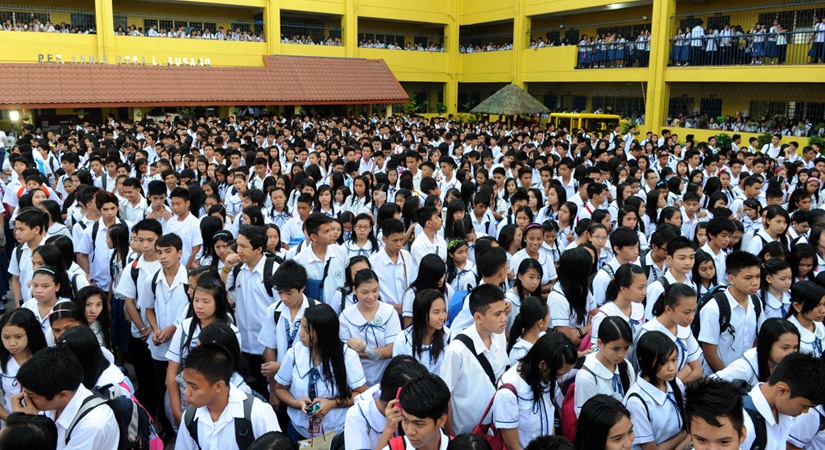Majority of the Filipino populace have only achieved a secondary school diploma or a technical vocational education and training certificate, with only 20.83% of the labor force having a college degree as reported by the Philippine Statistics Authority in its 2016 Labor Force Survey. The minute percentage of enrollees and graduates in tertiary education is caused by its high financial and opportunity costs. While Filipino families may value education, the pressing burden of expenses outweighs the advantages of investment in further studies. Unfortunately, this not only decreases the opportunity of economic progress for the family through better employment and higher income, but it also affects the country’s capacity and productivity.

In an effort to reach the unmet demand for education, the province of Albay initiated a gallant investment of PHP 30 million annually to its Education Quality for Albayano (EQUAL) scholarship program in 2nd district of Albay Representative Joey Salceda’s vision to have a college graduate for every Albayano family. The program paved way for the introduction of a sustainable higher education funding system for its citizens with proven results of poverty reduction. House Bill No. 5315 and No. 2771 was later introduced in the House of Representative to operationalize the Universal Access to Quality Tertiary Education (UAQTE) which was then signed into law on August 13, 2017 as Republic Act No. 10931. Aiming for equitable providence of all Filipinos for quality tertiary education in both private and public educational institutions, it prioritizes academically-able students coming from poor families. The act contains five key components: (1) Free higher education in State Universities and Colleges (SUCs); (2) Free higher education in Local Universities and Colleges (LUCs); (3) Free technical-vocational education and training in post-secondary Technical-Vocational institutions (TVIs); (4) Tertiary Education Subsidy (TES) for Filipino Students; and (5) Student Loan Program (SLP) for Tertiary Education. The PHP 40 billion addition to the budget of the education sector is an investment for the future. For education’s direct link to employment and productivity curtails how it is a critical determinant for upward mobility and forthcoming overall standard of living. The investment made today will reap exponentially for every Filipino.
